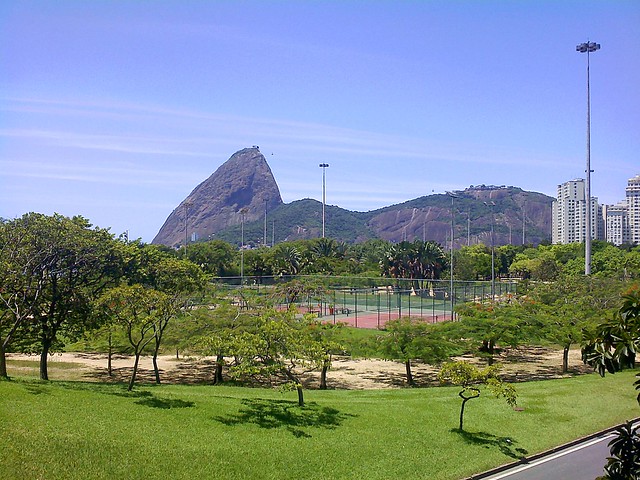Governments are leaving the UN's Sustainable Development Summit (Rio +20) with a big deal but little action.
Groups of civil society and business have proved they can lead the way towards a sustainable future.
"It's a relief that the outcomes of Rio+20 refer to some basic issues of planetary survival – removing poverty and reviving nature's health,"says IUCN Director General Julia Marton-Lefèvre. "I'm pleased to see that nature based solutions for the problems facing poor people, forests, oceans and water were firmly on the agenda. It's only by investing in nature that we can create a green economy and a sustainable future for everyone."
"But the deal signed here in Rio lays out aspirations rather than specific mandatory goals on issues like food security, water and energy. IUCN would like to see the Sustainable Development Goals deal with the crises facing people and nature through the implementation of the Aichi targets in The Strategic Plan for Biodiversity. We need development goals that apply nature based solutions to address climate change and enhance people's livelihoods."
"We had hoped for a more ambitious outcome," adds Cyriaque Sendashonga, IUCN's Director of Global Policy. "I hope that the work of civil society and businesses will inspire governments to agree on goals and set the right incentives. We are impressed by the initiatives announced by many local authorities and hope these will carry through into national and international action. We would also like to congratulate the Brazilian Government for its hard work in bringing all countries together to finalise the agreement here in Rio."
On oceans, Rio sends a clear and urgent call that business as usual is no longer acceptable.
"Ocean health and fisheries are deteriorating. It's time to move toward business "unusual". We must honour previous commitments to end overfishing, eliminate harmful subsidies, stop destructive fishing practices, and safeguard coral reefs and other vital habitats for marine life," says Kristina Gjerde, IUCN's Senior High Seas Advisor.
The decision to delay a decision on managing oceans beyond national jurisdiction is a deep disappointment. IUCN is committed to work with governments to promote immediate action to safeguard marine biodiversity within and beyond national jurisdiction.
The road from Rio now goes on to IUCN's World Conservation Congress in Jeju, South Korea (6-15 September 2012). With State and NGO members working together, the IUCN Congress will develop and apply the agreements made in Rio.
Photo courtesy of Cyro A.Silva via Flickr (CC BY 2.0)

